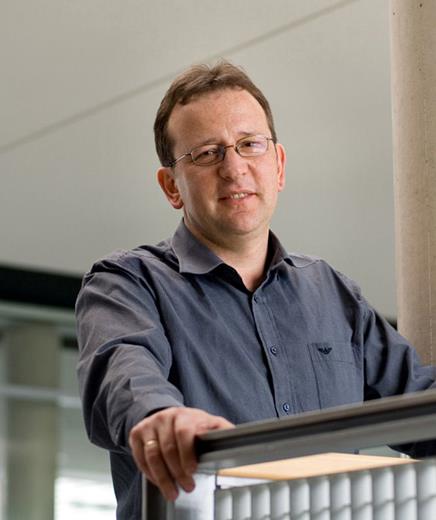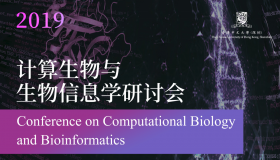From hydrothermal carbonization to hydrothermal humification and hydrothermal refining: setting the base to possible new global sustainable cycles
Topic: From hydrothermal carbonization to hydrothermal humification and hydrothermal refining: setting the base to possible new global sustainable cycles
Speaker: Prof. Markus Antonietti
Date: Tuesday, November 12, 2019
Time:10:00am-11:00am
Venue: Governing Board Meeting Room, Dao Yuan Building
Language: English
Speaker Profile:
Prof. Markus Antonietti
Director of the Max Planck Institute of Colloids
External Member of the Swedish Academy of Engineering
Liebig Medal of the GdCh (German Society of Chemists)
Humboldt-Gay Lussac Award of the French Ministry of Sciences
Grignard-Wittig Award of the French Chemical Society
"Krister Holmberg Lecture", Göteborg
Gold Medal of the Macro Group UK for Lifetime Achievements

Prof. Markus Antonietti, works on sustainable processes and technologies to turn waste streams into valuable products, including hydrothermal carbonization, biorefinery approaches and artificial photosynthesis. With more than 7000 citations per year and a Hirsch-Index of 120, he is one of the most cited chemists in the world. More than 50 former coworkers hold leading Professorships, worldwide, more than 20 of them in China. Among many other obligations, he is Spokesperson for Natural Sciences of the Berlin-Brandenburgische Academy of Sciences and Chair of the Council “Nanotechnology” of the World Economic Forum. He is driving a large number of successful industrial collaborations and consulting activities.
Abstract:
Hydrothermal reforming (HTR) and hydrothermal carbonization (HTC) are chemical processes to turn carbohydrates (including crude forestry side products, but waste biomass in general) into products which –depending on reaction conditions- can result industrially highly valuable Hydrocoal, but also in value chemicals and artificial peat (for soil improvement). All these processes occur also naturally, but are highly accelerated under hydrothermal conditions.
HTC is a classical process, and the coalification (when compared to geology) is boosted to about 1 – 24 h reaction time by employing elevated temperatures between 180 – 230 °C and appropriate catalytic schemes. The processes not only work with a broad variety of “waste biomasses”, they are also exothermic and therefore potentially independent of outer energy sources. With a slight bend of conditions, we end up with “hydrothermal humification”, and the product turns out to be useful for agriculture and soil remediation. Application of HTH to wastewater sludges reveals practically full recovery of the contained phosphate, while toxic metals can be easily separated, due to the special ion binding of artificial humic acid.





